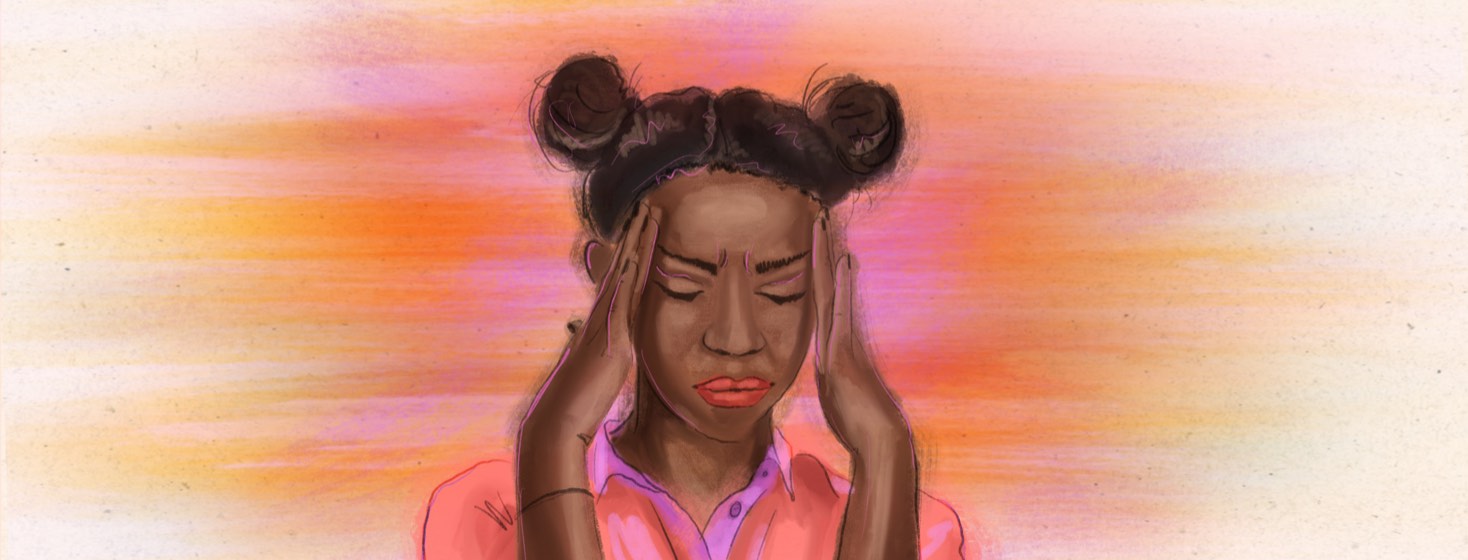Sleep Apnea, Headaches, and What to Do About Them
Before I was diagnosed with sleep apnea, I used to wake up on many occasions with massive headaches. These were the kind of headaches that required strong painkillers and bed rest for several hours.
I couldn’t function whenever I woke up with 1 of them. It felt like I had been run over by a bus. Little did I realize that this is a major symptom of sleep apnea. Since I now use a continuous positive airway pressure (CPAP) machine, I no longer suffer from headaches.
Tips to reduce headaches
Everyone is different and you may still suffer from headaches even with a CPAP machine. Here are a few headache tips to ensure that you feel your best.
Limit alcohol
I reduced my alcohol consumption down to a minimum in November 2022 and now feel a lot better when I wake up in the morning. Alcohol is dehydrating and this can contribute to bad headaches the next day, even if you aren’t technically drunk when you go to bed. Alcohol interrupts your sleeping patterns and this may make a headache worse the next day.
Find a comfortable pillow and mattress
Make sure that you have a comfortable bed and mattress. A sagging mattress will provide a poor night’s sleep and may contribute to headaches the next day.
I often experienced shoulder and head pain before getting a new mattress for our bed. These issues might be compounded when you have sleep apnea.
Check your mask fit
If you’re using CPAP and still have headaches, it might be a problem with your mask or the amount of air pressure you’re getting. Check your mask and make sure it has a snug fit.
If there’s a bad fit, you’re not going to get the correct air pressure and have a bad sleep. Your provider can offer an alternative mask or check your air pressure to see if it can be improved. This could eliminate your headaches.
Follow routine sleep schedule
If you suffer from sleep apnea, you need your sleep. Staying up late or not sticking to a routine sleep schedule will interrupt your sleep patterns and this may contribute to more frequent headaches as you’re not getting the sleep you need.
If I miss my sleep, I’m not going to feel well the next day and headaches can be a part of that general run-down feeling we have when we don’t get sleep. This may be compounded when you have sleep apnea.
Manage stress
Stress is a big factor in our lives and can contribute to headaches. Try to relax before bed with a book or take a hot bath. Clear your mind as much as possible so you have a better sleep.
Try a healthy diet with exercise
A good diet and daily exercise will also help you sleep better and reduce headaches. Make sure you drink enough water during the day.
Consider prescription alternatives
If you take medications, these may also cause headaches so talk to your doctor about them if you find that you don’t feel well. There may be an alternative you can take to reduce issues with headaches.
What to do about headaches with sleep apnea?
Follow these tips to reduce headaches. If you still have trouble, talk to your doctor or sleep provider about your issues. My headaches went away when I adopted a solid sleep schedule and consistent use of my CPAP equipment.
Do you experience headaches with sleep apnea? Please share a comment.

Join the conversation